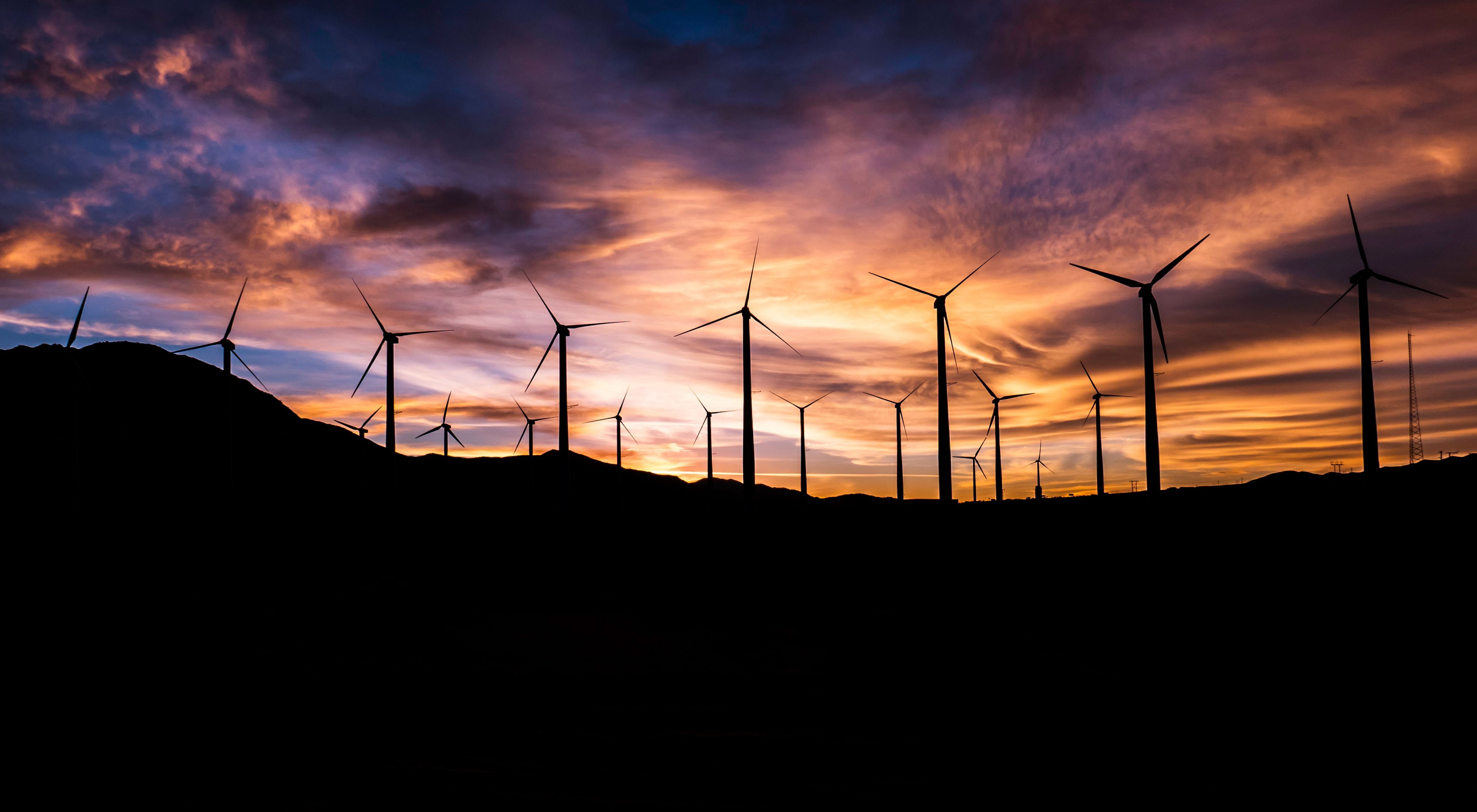Media Statement: “COPs aren’t the problem – we need country-level ambition to accelerate the agenda”
As UN-FCCC COP29 reaches its midway point, The Nature Conservancy’s Global Managing Director for Climate summarizes the state of play
Media Contacts
-
Tom Jennings
Email: tom.jennings@tnc.org -
Michael Becker
Email: michael.becker@tnc.org
As UN Climate Conference COP29 reaches its midway point in Baku, Azerbaijan, Clare Shakya – The Nature Conservancy’s Global Managing Director for Climate – summarizes the state of play:
“The pace of negotiations in week one reminds me how climate COPs felt before the Paris Agreement reinvigorated these UN talks. Apart from Article 6.4 progress on day one – which laid the foundation for countries to collaborate internationally on trading carbon units – the lack of major storylines has been unnerving at times.
“Be under no illusion: the clock is ticking. We have barely over one week to secure the US$1tn needed to help the most vulnerable countries cope with what’s coming. Given the shifting political tides in many countries right now, Baku represents our last, best chance to get climate finance right.
“The drumbeat may be slow – as it often is during week one – but the music is getting louder. As we enter week two, the great diplomatic dance will accelerate, in giant plenary halls and secluded meeting rooms. And, while the finance conversation is vital, we cannot lose sight of the underlying goal of the COP process: to end the era of fossil fuels.
“The pressure is now on for countries to switch from discussing what they want, to what they’re willing to give. Brazil has fired the starting gun ahead of hosting COP30, publishing its ambitious new NDC much earlier than Paris protocol required. We also applaud enhanced ambition from the likes of Singapore and the UK.
“This kind of country-level leadership is key. Media criticisms of slow progress in Baku overlook the fact that national governments – and the voters who elect them – tend to control the speed of travel; the COP simply sets the compass.
“We must reevaluate the way we decide the financial priorities of our planet. Climate finance is costly – but the money we need already exists, in the form of trillions of dollars in fossil fuel subsidies. If we took a fraction of the funds set aside to support the most polluting industry on the planet, we could comfortably meet the US$1tn goal.
“COPs are often slow-moving processes, but they can also be inflection-points – and there’s still time for Baku to achieve a breakthrough.”
The Nature Conservancy is a global conservation organization dedicated to conserving the lands and waters on which all life depends. Guided by science, we create innovative, on-the-ground solutions to our world’s toughest challenges so that nature and people can thrive together. We are tackling climate change, conserving lands, waters and oceans at an unprecedented scale, providing food and water sustainably and helping make cities more sustainable. The Nature Conservancy is working to make a lasting difference around the world in 81 countries and territories (40 by direct conservation impact and 41 through partners) through a collaborative approach that engages local communities, governments, the private sector, and other partners. To learn more, visit nature.org or follow @nature_press on X.
